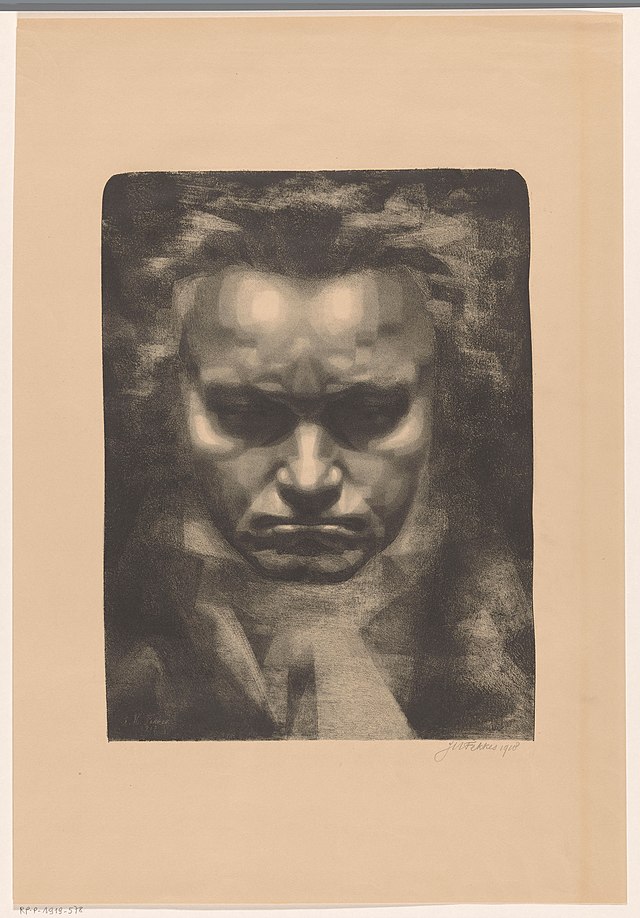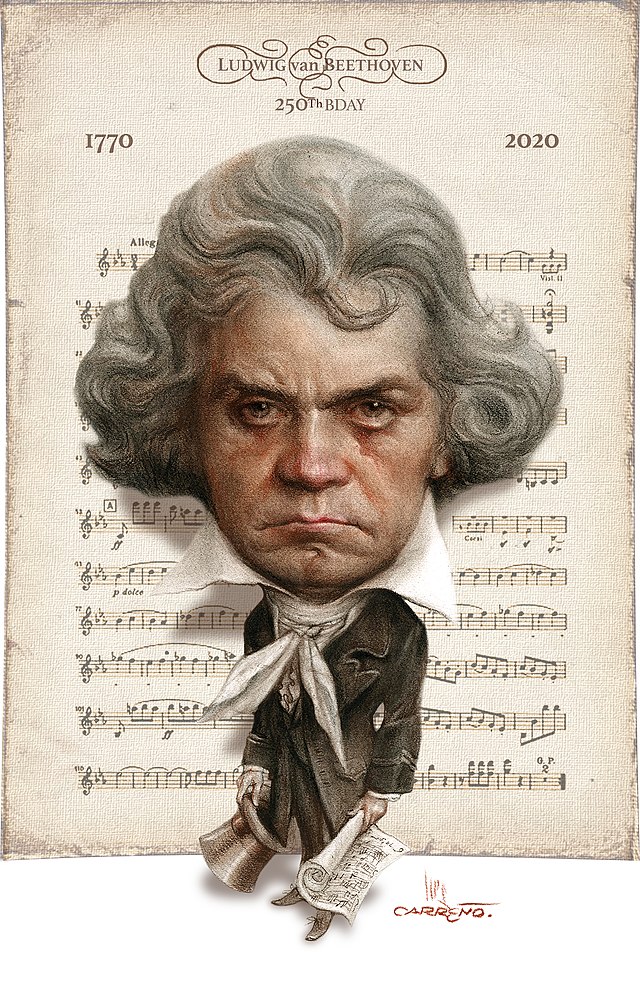Introduction
Ludwig van Beethoven was one of the most renowned and influential composers in history. However, there has been a long-standing debate regarding his race and ethnicity. Some people have claimed that Beethoven was black, while others insist that he was of European descent. In this article, we will explore the evidence for and against the claim that Beethoven was black, separating fact from fiction.
The Origins of the Beethoven Black Theory

The theory that Beethoven was black can be traced back to the 19th century. At the time, racial classifications were more fluid and less defined than they are today. In the United States, for example, people with mixed European and African ancestry were often classified as “mulatto” or “quadroon”. This was also the time when Beethoven’s music was gaining popularity in the United States, particularly among African Americans.
The Evidence Against the Beethoven Black Theory
There is no concrete evidence to support the claim that Beethoven was black. Beethoven was born in Bonn, Germany, in 1770. His parents were both of European descent, and there is no record of any African ancestry in his family tree. Moreover, portraits of Beethoven that were painted during his lifetime depict him as having European features, such as fair skin, light eyes, and straight hair.
The Evidence for the Beethoven Black Theory
Despite the lack of concrete evidence, there are some arguments in favor of the theory that Beethoven was black. One of the most commonly cited pieces of evidence is Beethoven’s hair. In 1991, a lock of Beethoven’s hair was analyzed using modern forensic techniques. The analysis revealed that the hair contained high levels of lead, which was commonly used in hair treatments in the 18th and 19th centuries. However, the analysis also showed that the hair contained a relatively high level of copper, which is more commonly found in people of African descent.
Alternative Theories

Some people have suggested that Beethoven may have had other non-European ancestors. For example, it has been suggested that he may have had Romani or Jewish ancestry. However, there is no concrete evidence to support these claims either.
Conclusion
In conclusion, there is no definitive evidence to support the claim that Beethoven was black. While there are some arguments in favor of the theory, such as the analysis of his hair, there is no concrete evidence to back it up. The most likely explanation is that Beethoven was of European descent, as his family tree suggests. Regardless of his race or ethnicity, Beethoven’s music continues to inspire and influence people all over the world.



